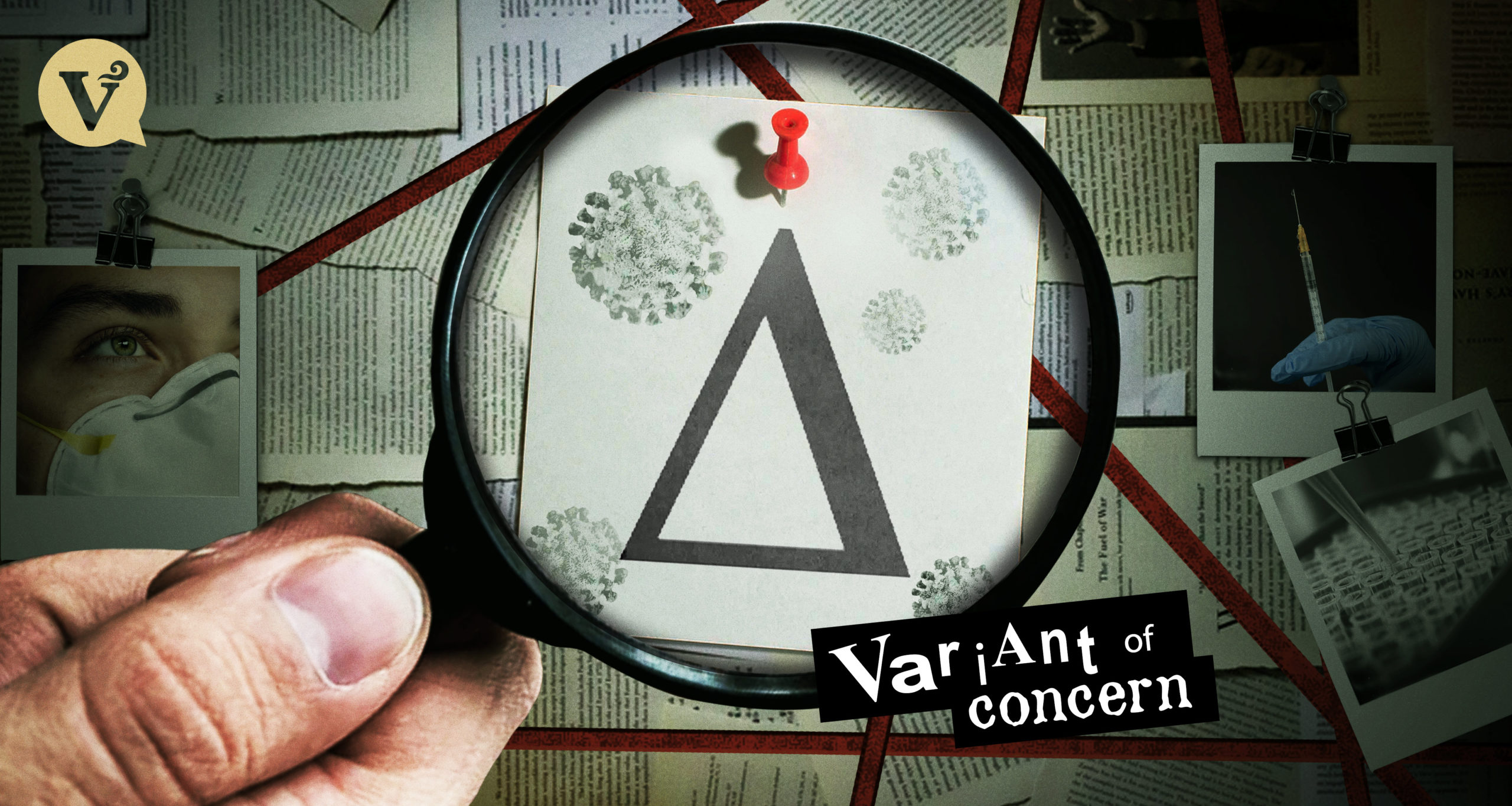
THE DELTA variant, first detected in India, has been found to be more contagious and is causing sweeping surges in nations that have vaccinated the majority of their population. It poses a bigger threat to nations that have yet to vaccinate most of their people, the Philippines included.
According to the Centers for Disease Control and Prevention (CDC), the Delta variant, or B.1.617.2, has increased transmissibility due to the mutations on its spike protein, allowing for easier infection and spread from one person to another.
Health authorities have said that it may be 50 percent more infectious than the Alpha variant first detected in the United Kingdom, which was already 50 percent more transmissible than the original SARS-CoV-2 strain.
As of July 22, the Philippines has recorded 47 cases of the Delta variant.
The Philippine government has imposed travel bans on eight countries including Indonesia which has now become the Covid-19 epicenter due to the huge surge in cases brought by the Delta variant.
‘Explosive,’ ‘variant of concern’
Fr. Nicanor Austriaco, O.P., a molecular biologist and visiting professor in the Department of Biological Sciences, advised local government units (LGUs) to watch out for “explosive” numbers of cases as a sign of the Delta variant.
“With the original variant, if you have one person who was sick, that person could infect two other people. But now with the Delta variant, if one person is sick, he can infect five to eight people which is why it is so explosive,” Austriaco said in a Palace briefing on Thursday.
In the event that the highly infectious variant is detected, Austriaco said LGUs must intensify their contact tracing efforts and swiftly implement localized lockdowns within barangays.
LGUs should also prepare isolation facilities instead of having people infected with the Delta variant undergo home quarantine.
“We cannot have home quarantine. Bakit? Because with the transmission…if a single person becomes Covid positive and they go home, everyone in the house will pretty much get Covid-19…You have to take the person away and put them in an isolation and quarantine facility,” he said.
Moreover, the national government should also prepare to implement more stringent mobility restrictions to quickly contain the surge.
“If we can do this, we will not lose control [of Delta’s spread],” Austriaco said.
The World Health Organization and the CDC also label Delta as a “variant of concern.”
“The Delta variant is a variant of concern that WHO is tracking and monitoring around the world…As of today, the Delta variant has been reported in 96 countries and we expect that the Delta variant will continue to spread,” WHO’s head of strategy, planning and coordination Vismita Gupta-Smith said.
Gupta-Smith said what makes the variant more difficult to contain is the increased social mixing and mobility due to the relaxation of public health protocols.
“Proven public health and social measures that we know prevent infections, reduce the spread of somebody who is infected with the virus to others and save lives. And [another] factor is the uneven and inequitable distribution of vaccines,” Gupta-Smith said.
Vaccines vs Delta
As the country continues to ramp up its vaccination efforts, with lags in between due to its lacking vaccine supply, how effective are the Covid-19 vaccines against the Delta variant?
An analysis by Public Health England in June revealed that two doses of the Pfizer-BioNTech and AstraZeneca Covid-19 vaccines were 96 percent and 92 percent effective in preventing hospitalization.
Moderna also announced that their vaccine was effective against Delta and other coronavirus variants while Johnson & Johnson are still conducting clinical studies of their own.
Likewise, the WHO has maintained that all of its authorized Covid-19 vaccines are effective against the Delta variant. The Philippines’ rolled-out vaccines are all WHO-authorized.
As of July 20, more than 15 million Filipinos have received at least one dose of the Covid-19 vaccine, with 4 million already fully vaccinated. Caitlin Dayne A. Contreras

0 Comments